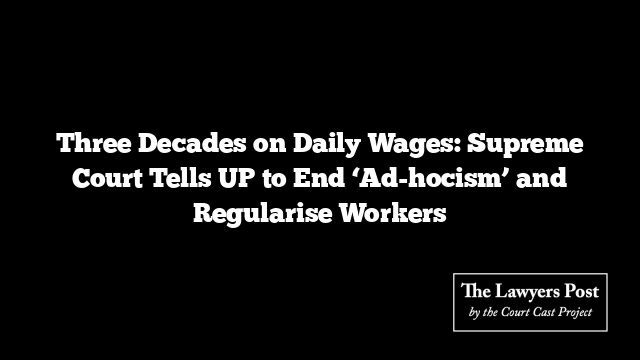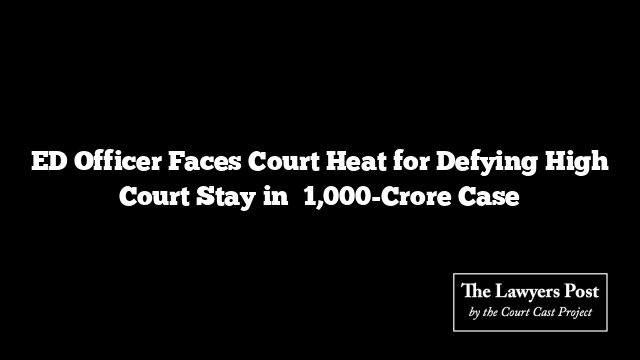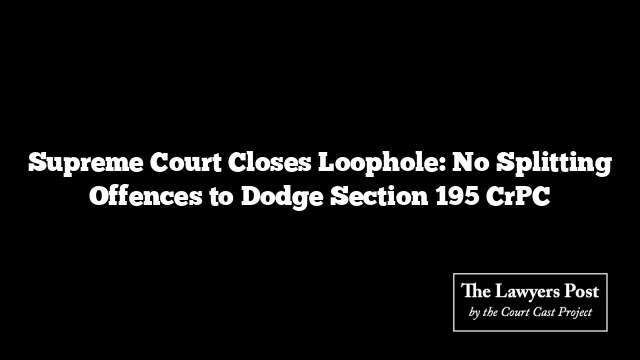For over thirty years, a group of employees in Uttar Pradesh’s higher education services worked day after day, year after year, without the dignity of permanent status. Their pay slips bore the stamp of “temporary,” but their labour was anything but fleeting. Now, the Supreme Court has drawn a hard line—calling the State’s excuses of financial strain a hollow shield—and ordered their regularisation.
A bench of Justices Vikram Nath and Sandeep Mehta came down sharply on the State’s practice of keeping workers in limbo. “The State is not a market player juggling budgets,” the judges observed. “It is a constitutional employer, bound to fairness and equality. One cannot run public offices on the backs of insecure labour for decades and then cite shortage of funds as an alibi.”
The Court set aside Allahabad High Court’s earlier endorsement of the government’s refusal to sanction permanent posts. It noted that the affected Class-III and Class-IV staff, recruited between 1989 and 1992, had clocked more than three decades of uninterrupted service—clearly proving that the work was perennial and essential.
The ruling also shone a spotlight on the dangers of administrative opacity. “‘Ad-hocism’ thrives where records are blurred,” the Court remarked, demanding that departments maintain transparent registers, muster rolls, and outsourcing data to justify why they opt for precarious contracts over sanctioned posts. If the plea of financial constraint is raised, the Court said, the government must show alternatives considered and explain why some workers were left out while others were absorbed.
With these words, the Bench ordered that the workers be regularised with effect from April 24, 2002—the date when the High Court had first directed a review. To execute this, the State and its successor body, the UP Education Services Selection Commission, must create supernumerary posts. Arrears from that date are to be paid, with adjustments for previous payments. Default would carry compound interest at six percent.
The Court also extended relief to those no longer in service—directing recalculation of pensions and terminal dues for retirees, and arrears plus benefits for the legal heirs of deceased employees.
Finally, the State has been asked to file a compliance affidavit within four months, ensuring that decades of neglect do not stretch into yet another chapter of delay.





